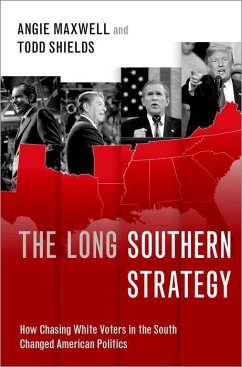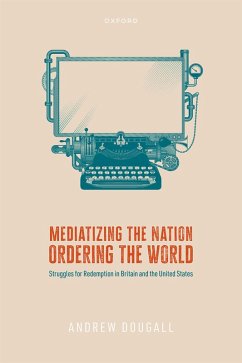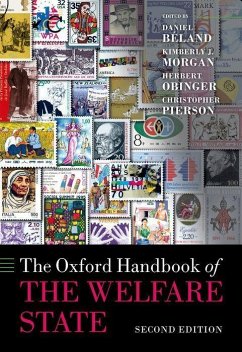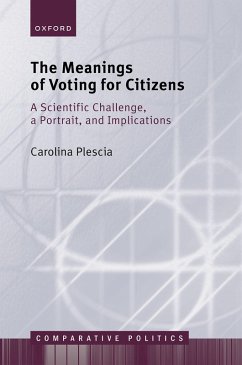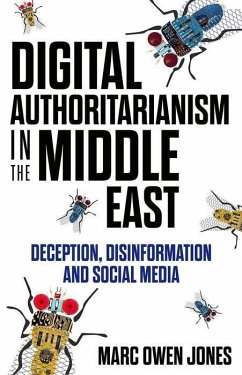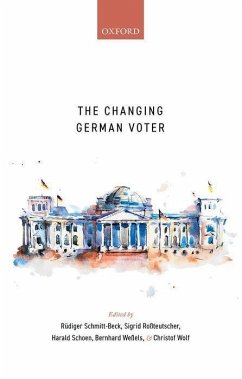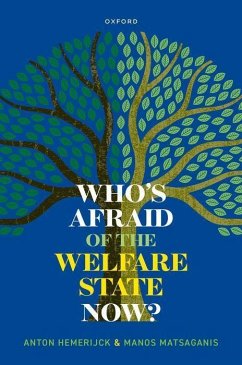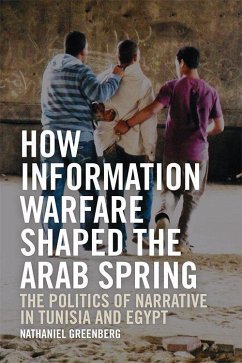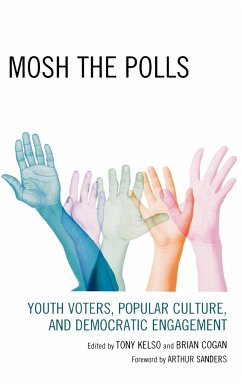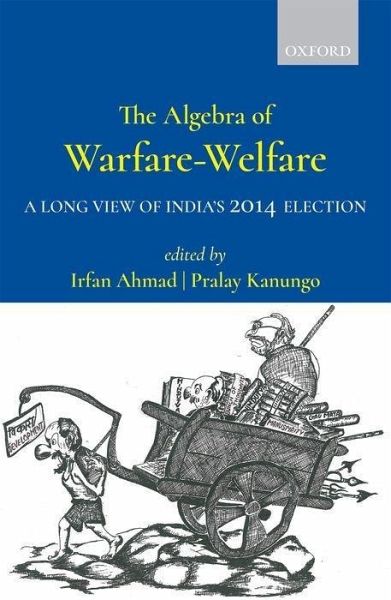
The Algebra of Warfare-Welfare
A Long View of India's 2014 Election
Herausgeber: Ahmad, Irfan; Kanungo, Pralay
Versandkostenfrei!
Versandfertig in über 4 Wochen
54,99 €
inkl. MwSt.

PAYBACK Punkte
27 °P sammeln!
The Algebra of Warfare-Welfare develops a distinct political anthropology-sociology of democracy in India and beyond. It advances an original argument to understand electoral democracy as an algebra of warfare-welfare beyond immediacy and cold statistics. It makes (non) human lives - lived, unlived or unlivable - central to our understanding of democracy. Examining the momentous 2014 elections by analyzing development, gurus, terrorism, charisma, media, nationalism, rumour, truth, corruption, religion, regionalism, polarization, space, vote-bank, castes, manifestos, it brings together scholars...
The Algebra of Warfare-Welfare develops a distinct political anthropology-sociology of democracy in India and beyond. It advances an original argument to understand electoral democracy as an algebra of warfare-welfare beyond immediacy and cold statistics. It makes (non) human lives - lived, unlived or unlivable - central to our understanding of democracy. Examining the momentous 2014 elections by analyzing development, gurus, terrorism, charisma, media, nationalism, rumour, truth, corruption, religion, regionalism, polarization, space, vote-bank, castes, manifestos, it brings together scholars to open up space for new thinking.




